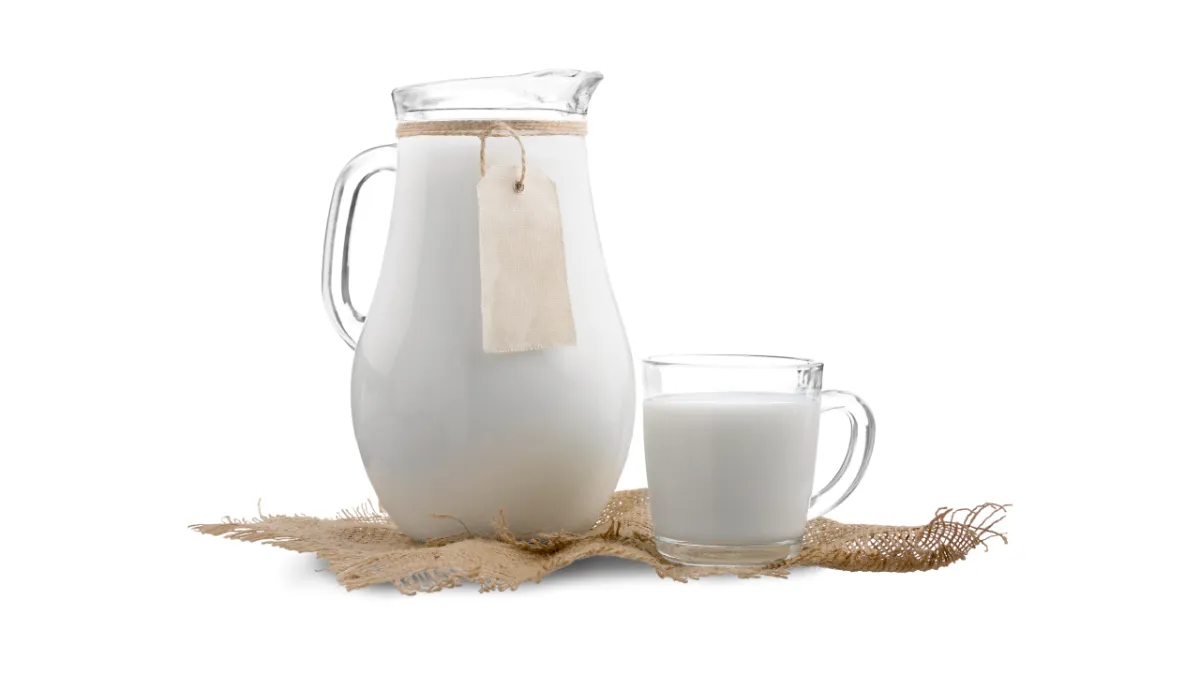Milk, often referred to as nature’s elixir, has long been celebrated for its role in providing essential nutrients for growth and overall well-being. One of the key questions frequently posed is whether milk is a good source of protein. In this article, we’ll unravel the protein content of milk, explore its nutritional benefits, and understand its significance in a balanced diet.
1. Protein Content in Milk:
Milk is indeed an excellent source of high-quality protein, containing two primary types – whey and casein. These proteins are considered complete proteins, meaning they provide all essential amino acids required by the body.
- Whey Protein: This quickly digestible protein is abundant in the liquid portion of milk and is known for its high biological value.
- Casein Protein: Representing the majority of milk’s protein content, casein is a slow-digesting protein that provides a sustained release of amino acids.
2. Protein-Rich Varieties of Milk:
- Whole Milk:
- Whole milk, containing about 3.5% fat, provides approximately 8 grams of protein per cup (240 ml). It offers a balance of macronutrients, including protein and healthy fats.
- Skimmed or Low-Fat Milk:
- With the fat removed, skimmed or low-fat milk remains a potent protein source, delivering around 8 grams of protein per cup. It’s a preferred option for those watching their fat intake.
- Fortified Milk:
- Some varieties of milk are fortified with additional protein. These fortified options can provide even higher protein content, catering to specific dietary needs.
3. Nutritional Benefits of Milk:
Beyond its protein content, milk is a nutritional powerhouse, offering an array of essential nutrients:
- Calcium: Crucial for bone health, calcium is abundant in milk and plays a pivotal role in maintaining strong teeth and bones.
- Vitamin D: Milk is often fortified with vitamin D, aiding in the absorption of calcium and contributing to overall bone health.
- Vitamin B12: An essential nutrient for nerve function and the formation of red blood cells, vitamin B12 is present in appreciable amounts in milk.
- Phosphorus: This mineral supports bone health, energy metabolism, and kidney function, all of which are crucial for overall well-being.
4. Considerations and Varieties:
- Lactose Intolerance:
- Individuals with lactose intolerance may experience digestive discomfort when consuming milk. However, lactose-free or lactose-reduced milk options are available.
- Organic and Grass-Fed Milk:
- Some prefer organic or grass-fed milk for potential additional health benefits, though the protein content remains consistent.
- Individual Dietary Preferences:
- For those adhering to specific dietary preferences or restrictions, alternatives like almond, soy, or oat milk can provide plant-based protein options.
In conclusion, milk stands as a formidable source of high-quality protein, delivering a spectrum of essential nutrients that contribute to overall health. Whether sipped on its own, added to coffee, or used as a base for various culinary creations, milk remains a versatile and nutrient-dense beverage. With its protein prowess and rich nutritional profile, milk rightfully earns its place as a valuable component of a well-balanced diet.


